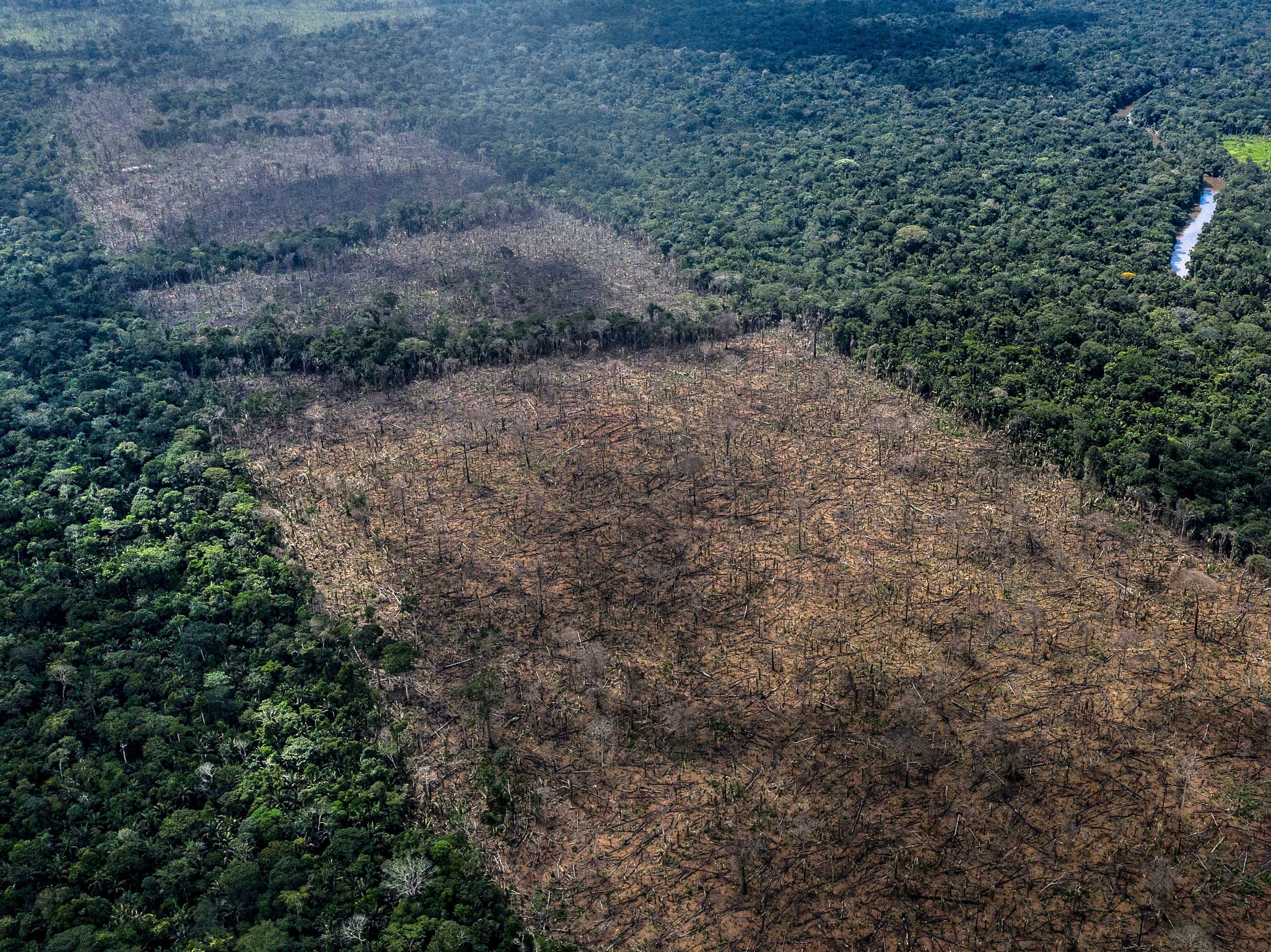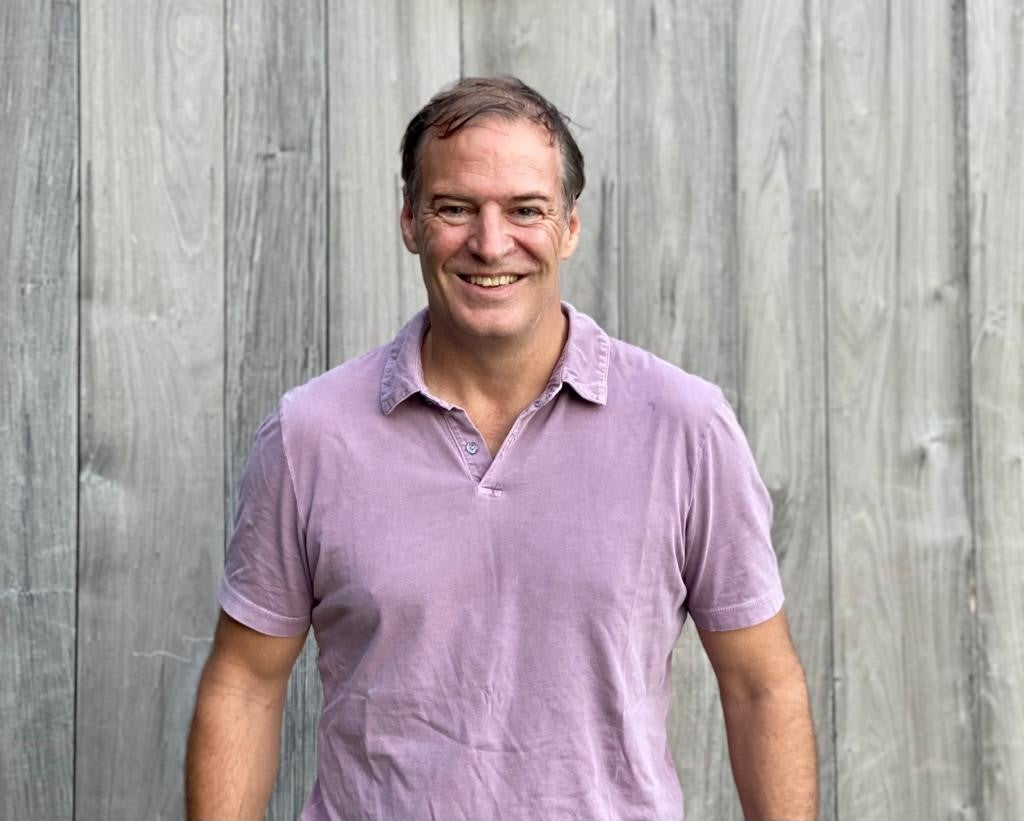Food industry must become key driver of ecosystem restoration, says new Rainforest Alliance CEO
Exclusive: Daisy Dunne speaks to the new CEO of non-profit best known for its ethical food labels featuring a green frog


The global food industry must radically reform to become a key driver of ecosystem restoration and regeneration, says the new CEO of the Rainforest Alliance.
At present, food production accounts for up to a third of global greenhouse gas emissions and takes up nearly half of the planet’s habitable surface.
To reverse the damage, a worldwide shift towards community, indigenous and nature-led farming is needed, said Santiago Gowland, the new head of the international non-profit best known for its ethical food labels featuring a green frog.
“The transformation of the food sector from being a key driver of habitat loss to a key driver of the regeneration and restoration of critical ecosystems is super important,” he told The Independent in his first interview since taking up the reins of the NGO earlier this year.
“I see the Rainforest Alliance as an organisation that is poised to play a key role in this over the next decade.”
The Rainforest Alliance’s certification programme aims to help consumers in the UK and other western countries choose supermarket products that have been produced in a sustainable and ethical way.
The programme involves 2 million farmers in 70 countries. Most of these farmers are based in tropical regions and produce key commodities such as coffee, cocoa, tea and bananas.

Each farm or business taking part in the programme must meet “rigorous standards” of environmental sustainability and social wellbeing in order to be stamped with the organisation’s green frog logo, according to Mr Gowland.
“The little green frog is a simple visual that makes it easier for consumers around the world to make a better choice,” he said.
“It shows them that the farmers and companies involved in producing the certified product or ingredient are taking steps to make their products more sustainable, using methods that support the three pillars of sustainability – social, economic, and environmental – as these are all interconnected.”
But the Rainforest Alliance’s certification programme has been subject to controversy in the past.
Last year, campaigners accused the NGO of certifying Costa Rican pineapples linked to labour exploitation and the use of illegal agrochemicals.

In response to the allegations, Mr Gowland said the non-profit was working to improve its system for approving farms and businesses.
“The intention is to raise the bar and make sure that farmers that are certified are worthy of that certification. When there are violations to the standard, they shouldn’t be certified,” he said.
“But, at the same time, we want to work with the communities that have the most ingrained issues and are at the highest risk. It’s easy to certify stuff that is already perfect, but we want to go deep into the areas that have the biggest cultural, political and socioeconomic systemic issues and failures.”
Mr Gowland, who is from Argentina, previously worked as executive vice president for Latin America and global innovation at The Nature Conservancy, one of the world’s largest environmental organisations.
Before that, he headed sustainability initiatives at private companies, including Unilever and Nike.





Join our commenting forum
Join thought-provoking conversations, follow other Independent readers and see their replies
Comments